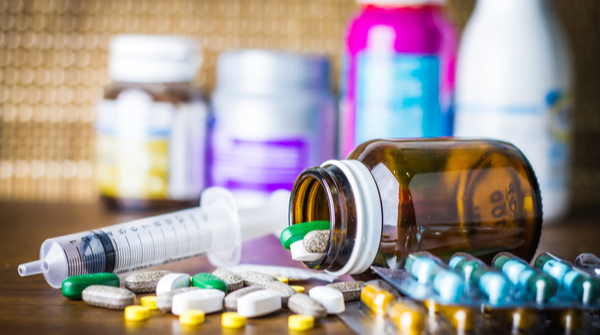Antibiotics may have been used by all of us at some point in our lives. They help prevent infections by killing the bacteria or preventing them from reproducing or multiplying. Therefore, they are, without question, lifesavers in many situations. However, a person may wonder how antibiotics affect their diabetes, if at all. Continue reading to learn more about the connection between antibiotics and diabetes.
Do Antibiotics Raise Blood Sugar Levels?
Antibiotics are safe to use if you have diabetes. This is important to understand because diabetes raises the risk of a variety of infections, including skin infections, UTIs, etc.
Fluoroquinolone, one category of antibiotics, is more likely to cause substantial fluctuations in blood sugar levels. If a person has a UTI and their doctor prescribes Ciproflaxin, they may experience elevated blood glucose levels.
Antibiotics and Diabetes

Follow the tips given below to lower the risk of blood sugar fluctuations:
Aim for prevention
The first step is to avoid the infection. Washing hands frequently can help a person do their best to keep away from all the bad bacteria present in the environment. Eating well, being fit and active, and getting enough sleep are important aspects of staying healthy.
Know your infection
If you are sick, don’t be too quick to ask your doctor for antibiotics. Antibiotics will not work at times because the majority of infections are caused by viruses. In reality, they may cause more harm than benefit by raising the risk of antibiotic resistance. Colds, bronchitis, flu, stomach flu, and a few ear and sinus infections are examples of viral diseases that do not respond to antibiotics.
Know about side effects
Side effects can occur with all kinds of medications. However, some common side effects of antibiotics are nausea, vomiting, cramps, and fever. Moreover, antibiotic hypersensitivity is another possibility. Hypersensitivity includes breathing difficulties, irregular heartbeat, ligament rupture, convulsions. If any of these symptoms appear, seek medical attention immediately.
Take as per direction
If an antibiotic is prescribed, take it as directed. That means taking the full dose for the full time, even if the person feels better or the symptoms disappear. Furthermore, never consume any surplus antibiotics that have not been prescribed to you.
Check blood glucose levels often
Antibiotics can raise blood glucose levels in the same way any infection does. They might also cause hypoglycemia or low blood sugar levels at times. To be safe, check your blood glucose at least four times a day or as often as your doctor or diabetes educator recommends. Also, adhere to dietary management and regular visits to your diabetes educator.
Read More: List of Common Diabetic Medicines
It is important to understand that, although researchers have found a relationship between the use of antibiotics and type 2 diabetes. Still, they did not ascertain a direct cause-and-effect relationship between the two. Therefore, it is important to talk to a specialist about your antibiotic consumption.
Connect with certified diabetes educators and health coaches at BeatO.





